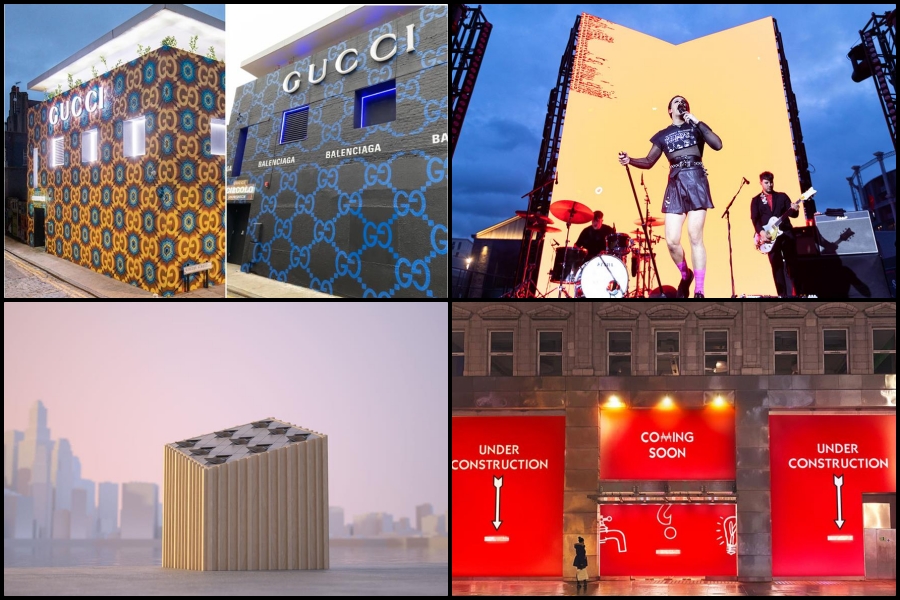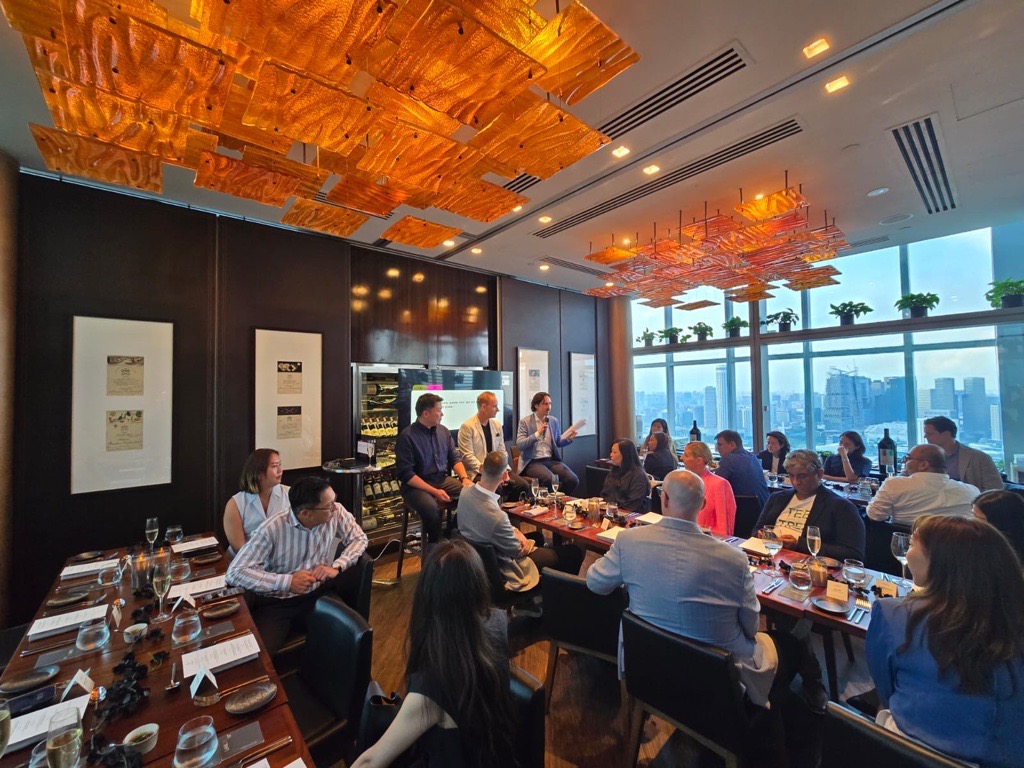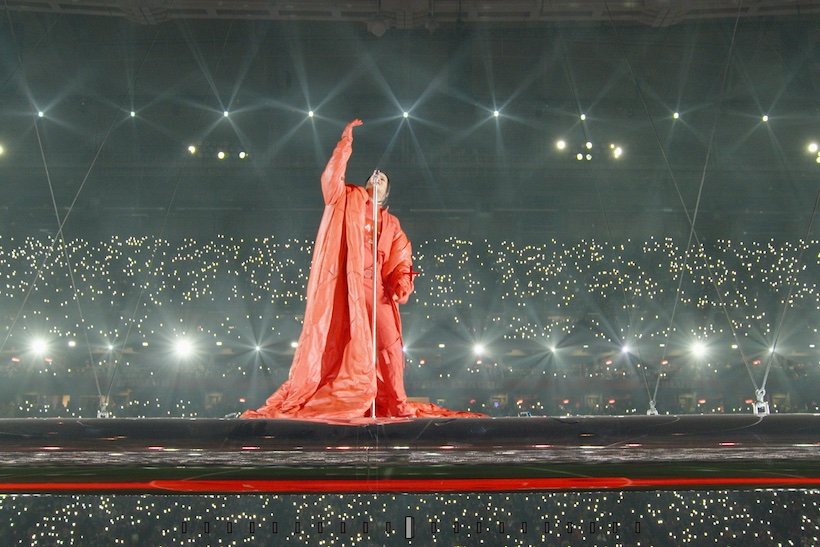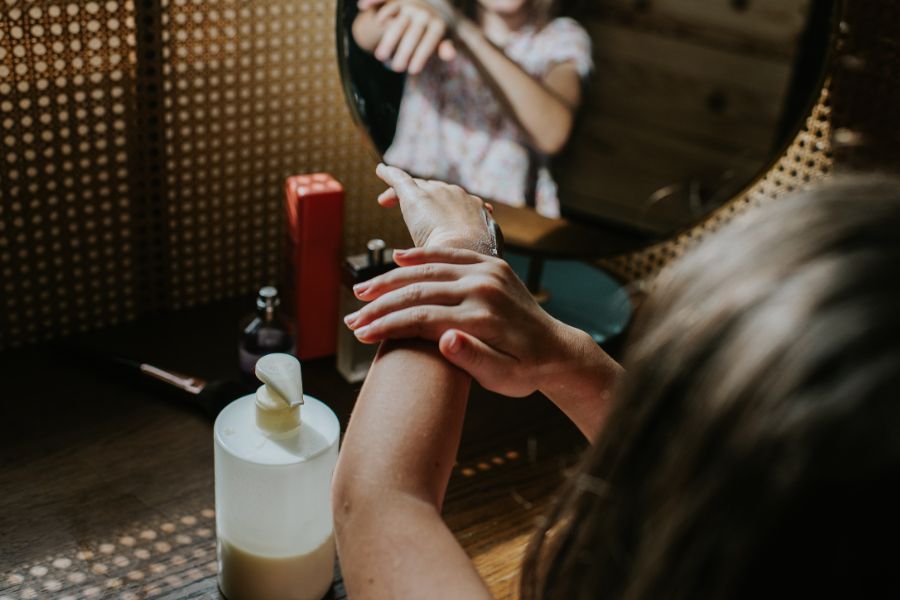Although it can be difficult to predict behaviour during this prolonged period of uncertainty as new variants of coronavirus persist, one thing has stayed constant: People want to connect with each other and be entertained.
This year's brand experiences have made a long-awaited return to in-person events, captured a feeling of unity and explored ways of embracing technology.
The evolving aims of brand marketing strategies will continue to shape experiences as we continue to adapt to the new normal.
Campaign spoke to a range of experience agencies to identify five trends that will be attracting consumers in 2022:
Paid-for brand-led experiences
Tom Gray
Chief strategy officer, Imagination
 While some brands have long understood the power of the experience, for others this is new territory to explore. Expect the unexpected as non-traditional brands lay on entertainment through brand experiences.
While some brands have long understood the power of the experience, for others this is new territory to explore. Expect the unexpected as non-traditional brands lay on entertainment through brand experiences.
More aligned and targeted ticketed events allow brands to charge an entry fee. They let people lean into the brand, feel positive about it and consider it in a totally different mindset – such as with Land Rover's off-road driving experience.
Recently, we've seen Monopoly and Netflix's Money Heist create escape room type experiences and shorter-term pop-ups such as Ardbeg's "Ice Scream trucks" and Kraken rum's haunted house for Halloween.
Temporary experiences give brands more options and reduce the barriers to entry as they don't require enormous upfront investment. Indeed, depending on the model, they can provide a cash-neutral way of engaging with people as well as creating a new value exchange between brands and customers.
Culture at the core
Bixanne Tam
Creative producer, XYZ
 Placing culture at the core is all about brands being more human, relatable and emotionally intelligent, which helps to build genuine connections with their audiences. Brands can tap into the cultural landscape more authentically by being community-driven. By listening to the conversations happening within communities, they can play a more active role in supporting them. Experiences help bridge the gap between brand and audience, bringing brands to a level where they can become part of the conversation rather than being an outsider.
Placing culture at the core is all about brands being more human, relatable and emotionally intelligent, which helps to build genuine connections with their audiences. Brands can tap into the cultural landscape more authentically by being community-driven. By listening to the conversations happening within communities, they can play a more active role in supporting them. Experiences help bridge the gap between brand and audience, bringing brands to a level where they can become part of the conversation rather than being an outsider.
Audiences are wanting more brands to communicate their goals that align with their own interests and values through a cultural lens and want to see action and progression towards these goals, not just words. They want to be a part of experiences that play an active role in supporting culture and communities, something that has longevity not just a one-off.
The "culture at the core" mentality is also having a huge knock-on effect on the landscape of agencies internally. A step towards diversity and inclusion brings us closer to being able to authentically express culture through brand platforms. If diversity of thought is practised within a company it is reflected through the work we put out into the world.
Safe to say this trend isn't going anywhere and should be considered less of a trend and something that is more ingrained within the fabric of a brand's creative strategy.
Ready for the metaverse
Rosh Singh
Managing director, UNIT9
 We're yet to enter the Metaverse in its truest sense. Virtual worlds have boomed in popularity, but we're missing the ability to seamlessly jump between them. That, combined with mass adoption of wearable tech, will be the real take-off moment.
We're yet to enter the Metaverse in its truest sense. Virtual worlds have boomed in popularity, but we're missing the ability to seamlessly jump between them. That, combined with mass adoption of wearable tech, will be the real take-off moment.
But, in preparation, brands should explore the components that will make up the Metaverse: immersive virtual experiences, digital goods, gaming, AR, VR and 3D Design. These are the baby steps that brands can take in order to prepare for Metaverse activity – we've got to remember, this is less about anticipating the release of a shiny new piece of tech and more about planning for the next generation of computing.
Brands also need to define what their role will be. Will they create and own their own immersive environment, or release a digital product range? Will they involve themselves passively as a Metaverse advertiser, or take more of an active role, as Wendy's did with its freezer-busting Fortnite avatar? Brands will also need to consider their motivation. Is it to be relevant right now with a flashy PR moment? Or to future-proof their place in an emerging platform that's set to dominate? These are the questions brands now need to ask themselves if they want to devise an effective strategy that will get them Metaverse-ready.
A surreal escape
David Roberts
Managing director, Formroom
 When launching physical spaces in an increasingly online world, the only point in doing so is when they make a true impact on your target audience and build out the brand world you've been manifesting above the line.
When launching physical spaces in an increasingly online world, the only point in doing so is when they make a true impact on your target audience and build out the brand world you've been manifesting above the line.
We see our role as bringing brand identity or advertising campaigns off a screen they usually originate on and into the real world. It's an extension of that same desire to connect to an audience, except we can take it that much further in terms of a total sensory engagement.
The challenge now is that every brand has the desire and capability to launch branded spaces, pop-ups, interiors, so the audience expectation is elevated. This causes the environments themselves to push even further in terms of the type of space they can create to drive that level of emotive escapism. The spaces move beyond traditional "interiors" and become a playground for surreal experiences – like you've stepped into another world entirely and you want to be a part of it. When you include the advance of technology that can deliver increasingly realistic AR and VR, the whole thing gets even more trippy.
Practically, it's now just a given that physical spaces which enable social content work twice as hard for the client on return. The space itself brings the consumer closer to the heart of the brand, whilst the content the fans generate provide real commercial value in the marketing collateral they put out into the world, usually amongst that exact target group of peers that client is trying to reach.
Everyone's welcome
Dax Callner
Strategy director, Smyle
 We're not just seeing a growing focus on physical and digital brand experiences combined – we've also noticed a societal imperative to make experiences more diverse, equitable and inclusive.
We're not just seeing a growing focus on physical and digital brand experiences combined – we've also noticed a societal imperative to make experiences more diverse, equitable and inclusive.
Brands want compelling experiences that can be enjoyed both in the real world and online, often using the physical activation as a content engine for the creation of virtual experiences, where content can be expanded and personalised and where resonance can be deepened via technology. For example, a major consumer brand is looking to work with creators within a physical setting to devise interactive, compelling experiences for virtual audiences. This will enable us to provide high-impact moments for all participants, with the added benefit of massively expanding reach through digital.
A DEI focus also means that everyone should have a great experience, regardless of how they participate. Across the majority of our projects, we're inviting people from all backgrounds to join. And we're taking measures to ensure that we're not excluding anyone – everyone's welcome, from translation of content to accommodating learning differences, sight and hearing disabilities, right through to the event support staff.
The future of consumer experiences is open and accessible to all, with no "second class" audiences.











